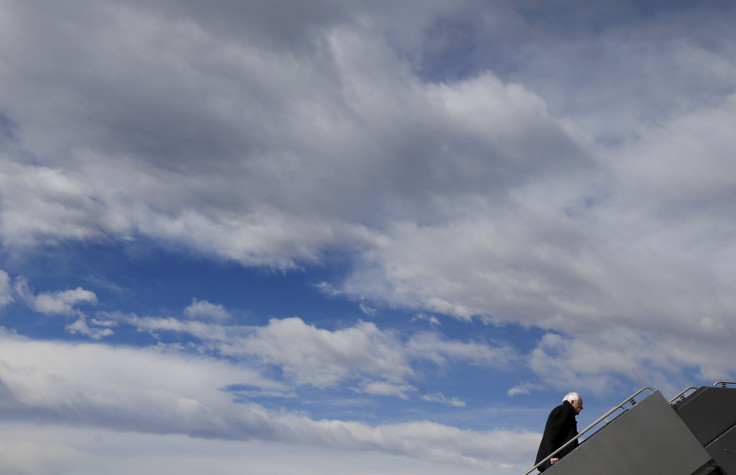Super Tuesday 2016: How Does The Colorado Caucus System Work?

Unlike presidential primaries, caucuses are often more confusing and individual to each state. Colorado is no exception.
Ahead of Tuesday’s caucus — one of 13 states holding Super Tuesday contests — some will remember the system as an antithesis to high-priced campaigning while others will view it as a complex nuisance, the Denver Post reported.
In Colorado, only voters affiliated with a party can participate in a caucus. Participants gather at neighborhood “precinct meetings,” thousands of which will be held by each party, mostly at churches and schools, to begin the whole process.
Two precinct leaders are selected and then participants elect delegates to county assemblies, and also possibly the state convention. A presidential preference poll will be conducted at the Democratic caucuses where representatives for Vermont Sen. Bernie Sanders and Hillary Clinton will make short pitches explaining why their candidate is the best choice.
Republican executive leadership, however, canceled the GOP straw poll, forcing volunteers for the various candidates to solicit endorsements at the neighborhood level across the state to get commitments from potential delegates, the Denver Post reported. Republicans will, however, still vote for delegates to the state convention, which is a step toward the final goal of naming those who will select the party’s next presidential candidate.
The preference polls at the local precincts will determine how many delegates each candidate will get at the national convention, Colorado having 78 to the Democratic convention. If there is a tie with the Democrats, chance will decide the fate of who wins. This could include the drawing of straws, or even a coin toss.
Who really wants a caucus in Colorado? Why not have a primary? https://t.co/BaERxPgEVx #copolitics #Caucus pic.twitter.com/xJ62helun0
— COindependent (@COindependent) February 26, 2016
Because only party affiliated voters can participate Tuesday, about 1 million registered voters not affiliated will have to stay at home, the Colorado Independent reported. Groups have formed to get a referendum on the November ballot to change Colorado’s caucus system to a primary, which would allow more than just affiliated Democrats and Republicans to participate.
© Copyright IBTimes 2024. All rights reserved.











